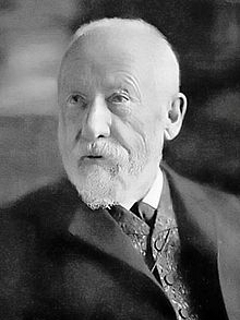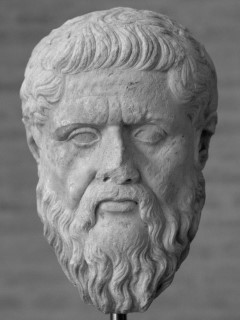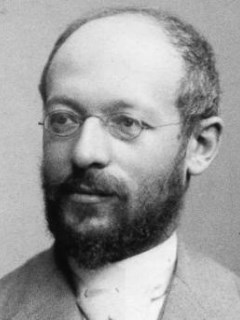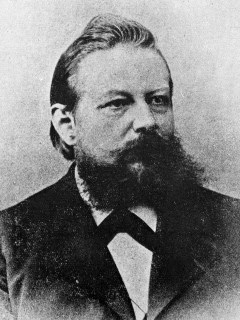John E Jalbert
(1981). Phenomenology and the renewal of culture. In S. Skousgaard (ed.) Phenomenology and the understanding of human destiny (pp. 257-268). Washington DC: University Press of America.
(1981-1982). Hermeneutics or phenomenology: reflections on Husserl's historical meditations as a "way" into transcendental phenomenology. Graduate Faculty Philosophy Journal, 8, 98-132.
(1981-1982). Hermeneutics or phenomenology: reflections on Husserl's historical meditations as a "way" into transcendental phenomenology. Graduate Faculty Philosophy Journal, 8, 98-132. https://doi.org/10.5840/gfpj198281/213.
(1982). "Geisteswissenschaften" and phenomenology: The way from the human sciences to transcendental phenomenology. Pittsburgh: Duquesne University.
(1987). "Nature" in the human-scientific perspective: a Husserlian response to Dilthey. In R. Makkreel & J. Scanlon (eds.) Dilthey and phenomenology (pp. 31-48). Washington DC: University Press of America.
(1987). Phenomenology and the autonomy of technology. In P. T. Durbin (ed.) Technology and responsibility (pp. 85-98). Dordrecht: Springer.
(1988). Husserl's position between Dilthey and the Windelband school of NeoKantianism. Journal of the history of philosophy, 36, 279-296.
(1991). Phenomenology as the reawakening of the Platonic philosophical ethos. In A. Tymieniecka (ed.) Husserlian phenomenology in a new key (pp. 67-78). Dordrecht: Kluwer.
(1997). Georg Simmel. In L. Embree (ed.) Encyclopedia of phenomenology (pp. 640-646). Dordrecht-Boston-London: Kluwer.
(2003). Time, death, and history in Simmel and Heidegger. Human Studies, 26 (2), 259-283. https://doi.org/10.1023/A:1024024624911.








